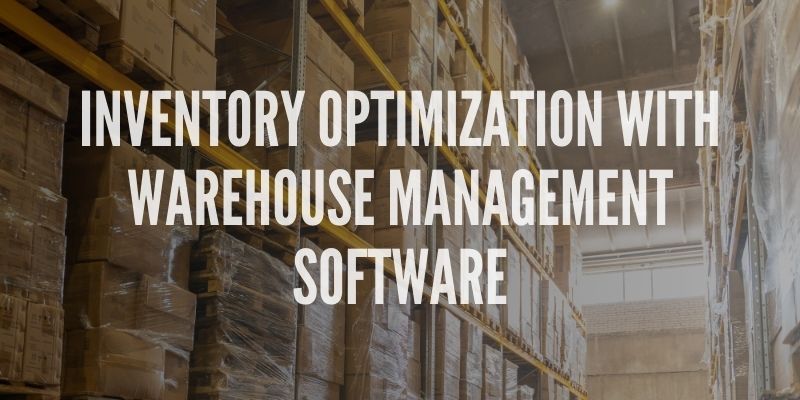In today’s fast-paced business world, One-Click Payroll Processing has emerged as a game-changer, offering efficiency and accuracy in managing employee payroll. However, amid the convenience it provides, it’s crucial to navigate the complex landscape of payroll compliance and legal obligations. Whether you’re using payroll software India or relying on Payroll Outsourcing Companies, compliance is paramount. This article delves into the essential compliance and legal considerations associated with One-Click Payroll Processing.
Understanding Local Labor Laws
One-Click Payroll Processing must align with the labour laws specific to your location. In India, labour laws can vary significantly between states, making it essential to have payroll systems that can adapt to these nuances. Payroll Software in India should allow you to customise settings to ensure compliance with regional labour regulations.
Tax Deduction at Source (TDS)
Tax compliance is a central concern for businesses. Payroll processing, whether done in-house or through payroll outsourcing companies in Chennai, Bangalore, or Mumbai, must accurately calculate and deduct TDS as per the Income Tax Act, ensuring that employees’ tax obligations are met.
Provident Fund (PF) and Employee State Insurance (ESI)
Mandatory for most Indian businesses, PF and ESI contributions must be accurately calculated and deposited. Payroll software should facilitate the seamless management of these contributions and ensure that deadlines are met.
Gratuity and Bonus Payments
Compliance also extends to statutory bonus and gratuity payments, which vary based on factors such as the number of employees and the duration of service. Payroll systems should be capable of calculating these amounts accurately.
Overtime and Leave Compliance
Payroll Processing should account for overtime, leave, and holiday pay, ensuring that employees receive their entitled compensation while adhering to labour laws and company policies.
Data Security and GDPR Compliance
Payroll processing involves handling sensitive employee data. Whether you’re using Payroll Software in India or relying on payroll outsourcing companies in Mumbai, it’s crucial to prioritise data security and comply with data protection regulations such as the General Data Protection Regulation (GDPR).
Record-Keeping and Audit Trails
Maintaining meticulous records and audit trails is essential for compliance. A reliable payroll system should generate detailed reports and logs, allowing businesses to demonstrate compliance in case of an audit.
Statutory Reporting
Government agencies often require businesses to submit reports on employee compensation, taxes, and deductions. Ensure your payroll system can generate these reports accurately and on time.
Regular Updates and Compliance Monitoring
Labor laws and tax regulations can change frequently. Your payroll software should receive regular updates to stay compliant with the latest legal requirements.
Expert Support
Whether you’re using Payroll Software in India or engaging payroll outsourcing companies, having access to expert support from the top payroll services in Bangalore is invaluable. Professionals who understand local compliance intricacies can help navigate challenges and ensure adherence to the law.
In conclusion, One-Click Payroll Processing offers undeniable benefits in terms of efficiency and accuracy. However, businesses must never compromise on compliance and legal considerations.


